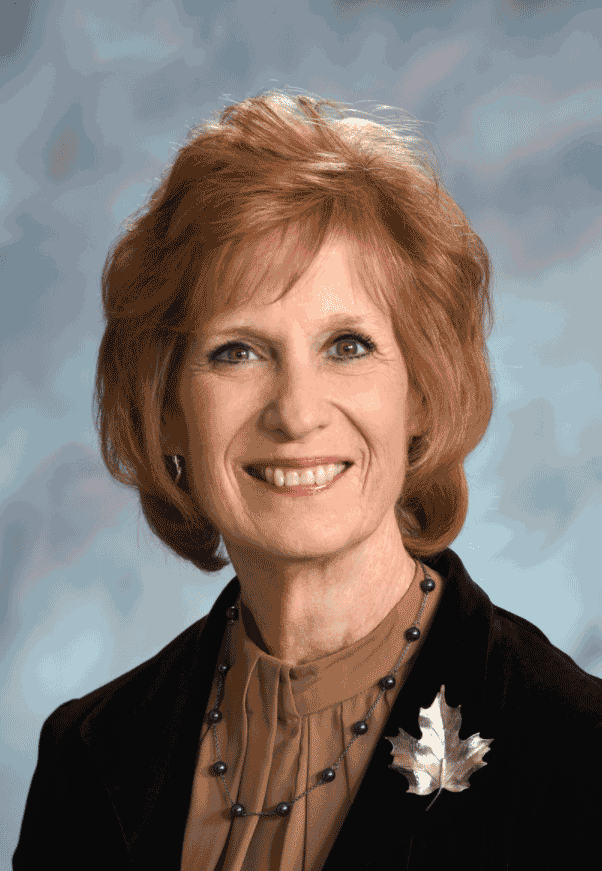 Governor Noem’s Broadband Initiative
Governor Noem’s Broadband Initiative
by State Representative Trish Ladner
For many of us, gone are the days of families living and working in the same communities as their grandparents. Simple things like going to Grandma’s house for Sunday Supper or to your Uncle’s to help him rebuild an engine. For many of us, our families are spread out across the nation. Broadband allows all of us to connect: watch your Granddaughter’s soccer tournament via skype or just chat face-to-face on your phones with face-time. It also gives us access to a whole new world that allows medical conferencing and virtual meetings with colleagues around the world. It allows students of all ages to complete their homework, participate in distance learning and access online resources that enhance their education.
Speaking from firsthand experience, my husband and I work “in the cloud,” and have for the last 15 years. This allows us to work with and service our clients that are spread out across America. It gives us freedom to take a road trip, go fishing or visit family at their ranch in Leola, South Dakota, all the while working on our laptop and maintaining our business and income. The flexibility is wonderful! In fact, while I am in Pierre doing legislative business for our state and District 30, my husband Bobby is with me, busy working remotely on his laptop maintaining our business. We never missed a beat.
Broadband creates jobs, expands careers and enables workers to live anywhere in the state and work remotely or start a small business of their own and live in rural communities like you find throughout South Dakota.
Historically, our government has worked hard to connect our nation, funding projects in order to move us forward. Let’s look back at history:
- The railroads of the 19th century transformed America. Beginning with the First Transcontinental Railroad in 1869. In 1883 a politician was quoted to say, “The railroads have been built and the means of communication have been extended.”
- In 1956 President Dwight D. Eisenhower signed into law the ”National System of Interstate & Defense Highways.” This 41,000 mile system of interstate highways connected our nation from sea to shining sea.
- Governor Noem’s Broadband Initiative will provide the electronic highway system that gives ALL South Dakotans the opportunity to work locally and reach out and connect with the world around us while enjoying the benefits of living in South Dakota.
Recently, I attended a virtual briefing by the Public Utilities Commission. In that briefing we were shown a map that indicated locations that have no or inadequate reception (broadband and/or cell). The Black Hills is one of the most affected regions in South Dakota.
I met with the Governor’s Office of Economic Development, and according to them, roughly 135,000 South Dakotans still do not have access to broadband that meets their needs and that includes District 30! They also explained that the state’s portion of the cost for the project is $100 million. The balance will be made up of federal and private investments totally an additional $100 million. The funding for Governor’s Broadband Initiative comes from a combination of state, federal and private investment dollars. The good news is that this year there are state dollars available to take this project over the finish line.
Like it or not, society is moving forward towards a digital world and away from the paper system we have all been accustomed to. It’s time to hop on the “train” (so to speak), or be left behind!
Thank you all for your support and God Bless you, the great state of South Dakota and the United States of America!
I value your comments. Please free to contact me at [email protected]
Trish Ladner
Representative District 30

$100 million?
It sounds like a waste of money.
There is no part of South Dakota’s economy that is not affected by the lack of broadband coverage. As the world becomes more and more dependent on “virtuality,” it is imperative that we keep pace.
We are blessed to live in a state where we have natural beauty in a healthy environment conducive to a great quality of life. The CCV and our freedom-loving, business friendly handling of this pandemic has convinced many to relocate here and still more would have if they could work from home. From education to ag, rural or metropolitan, all will benefit from this initiative.
Great column, Representative Ladner!!!